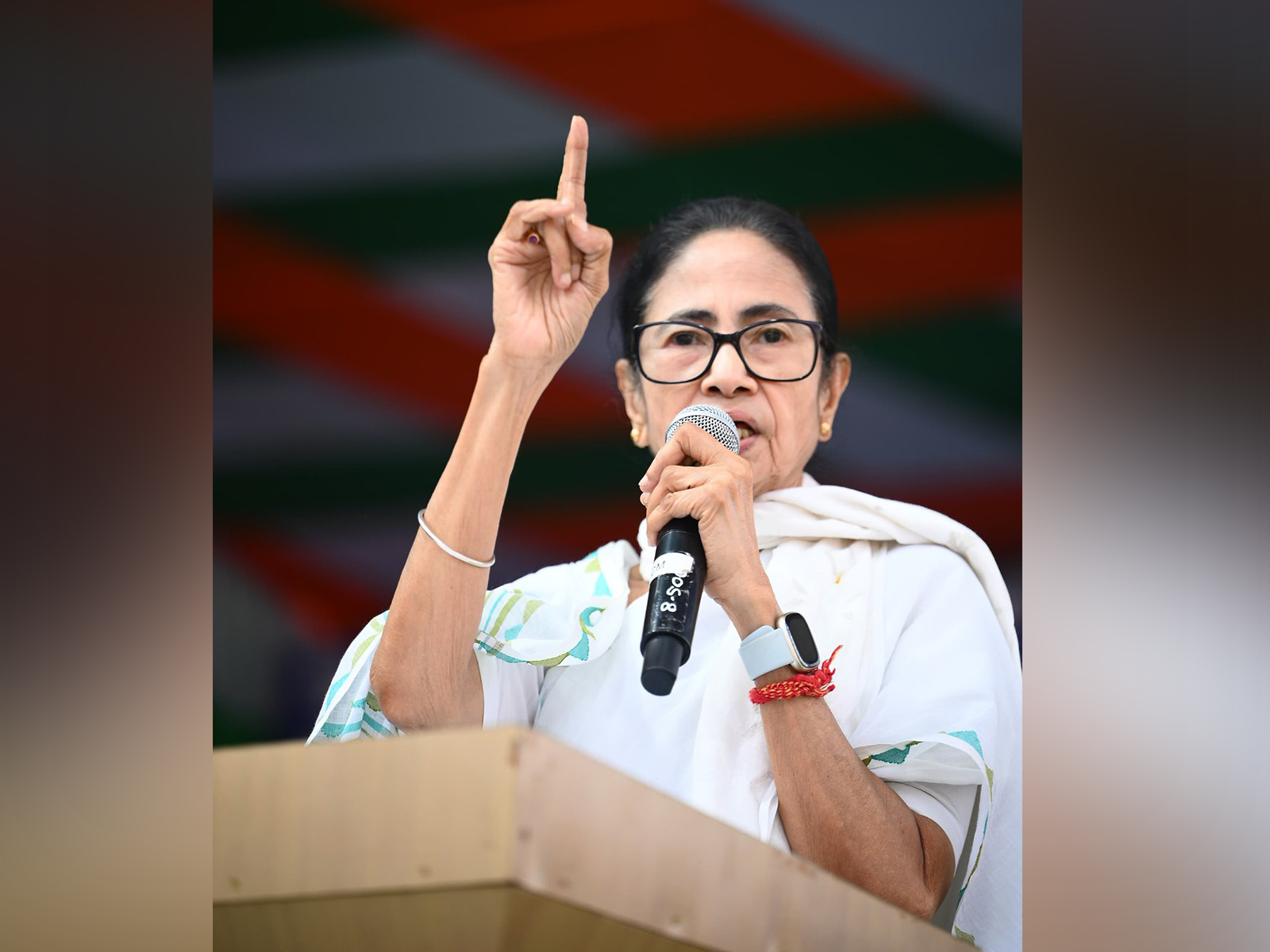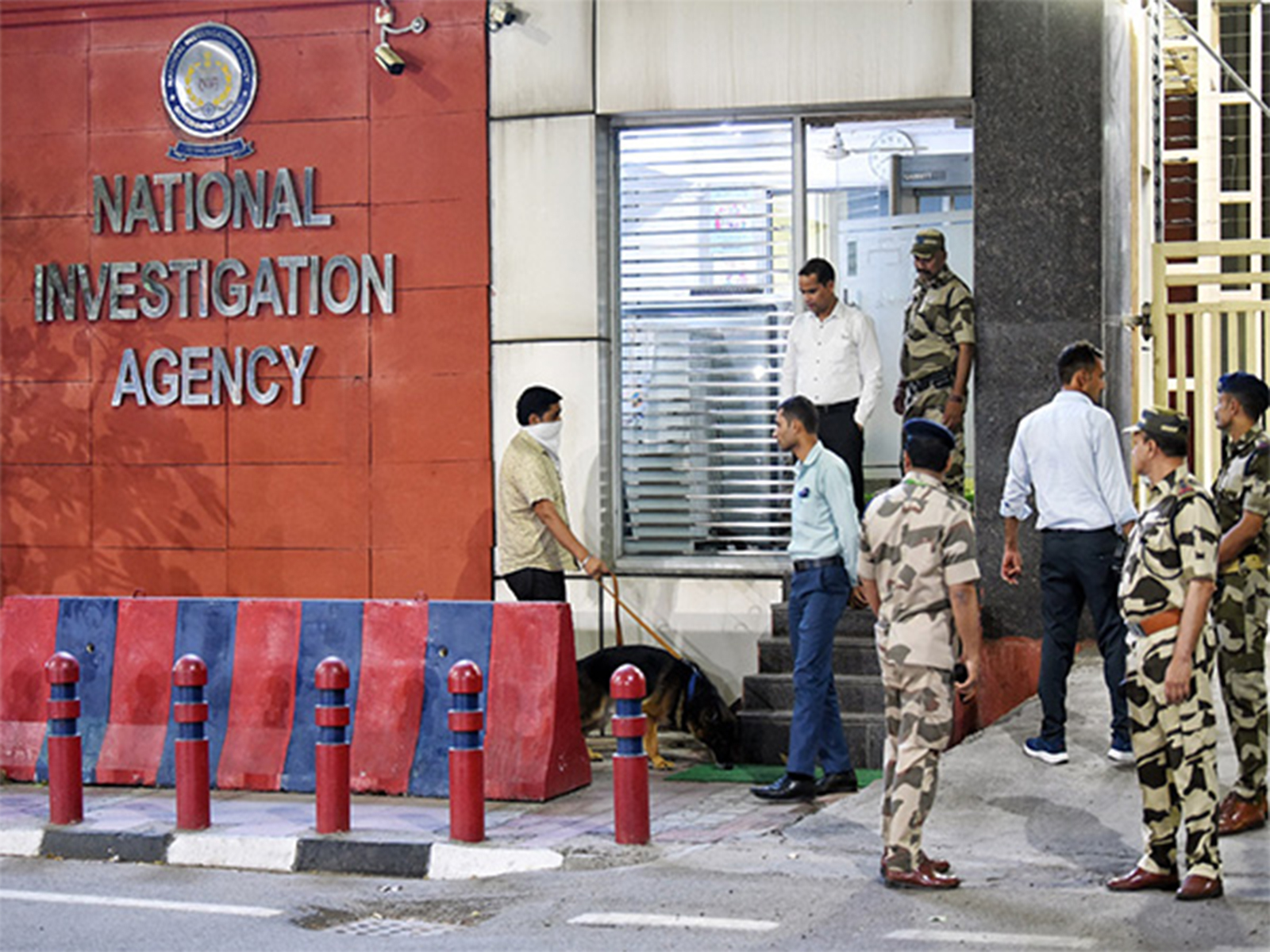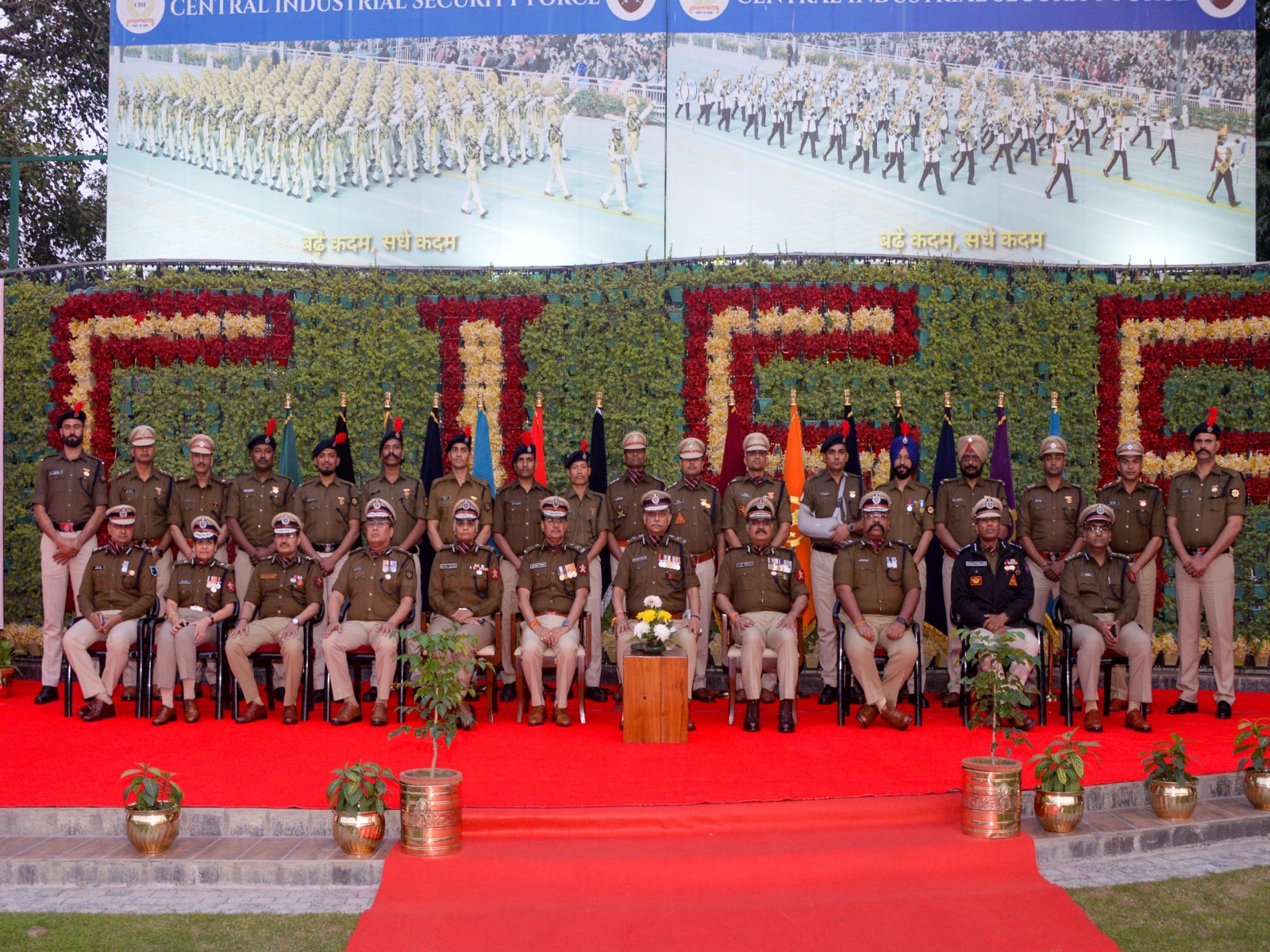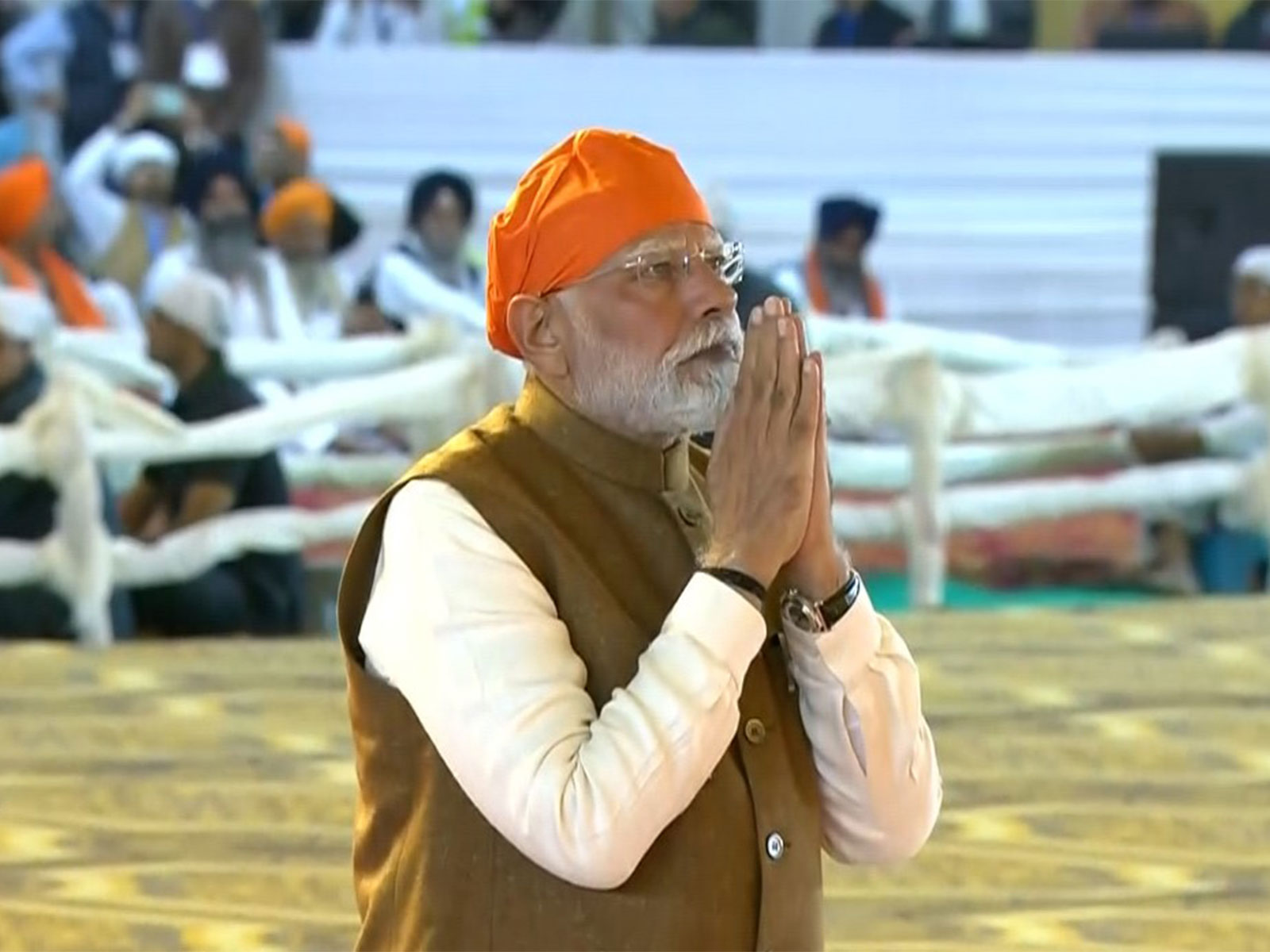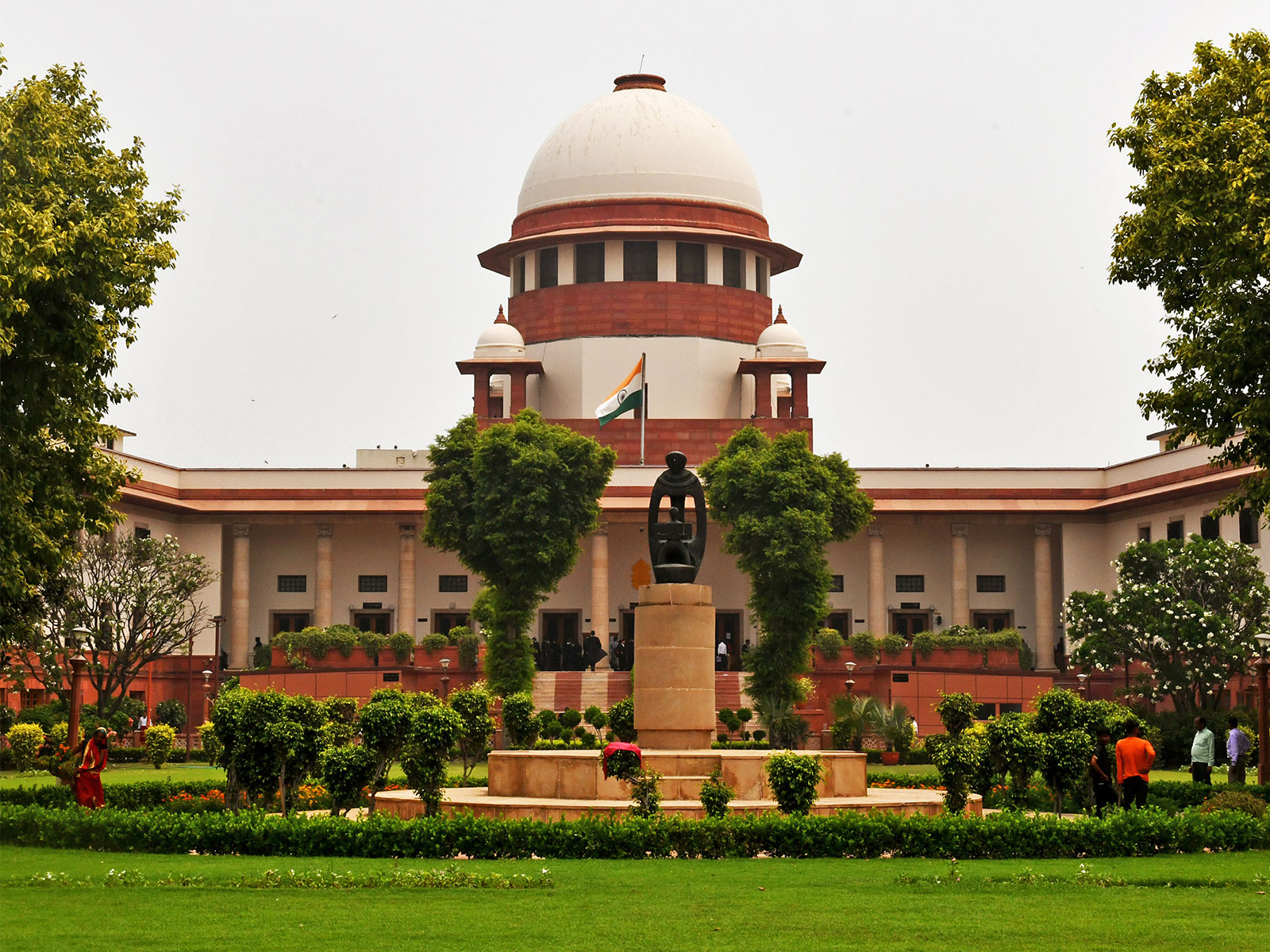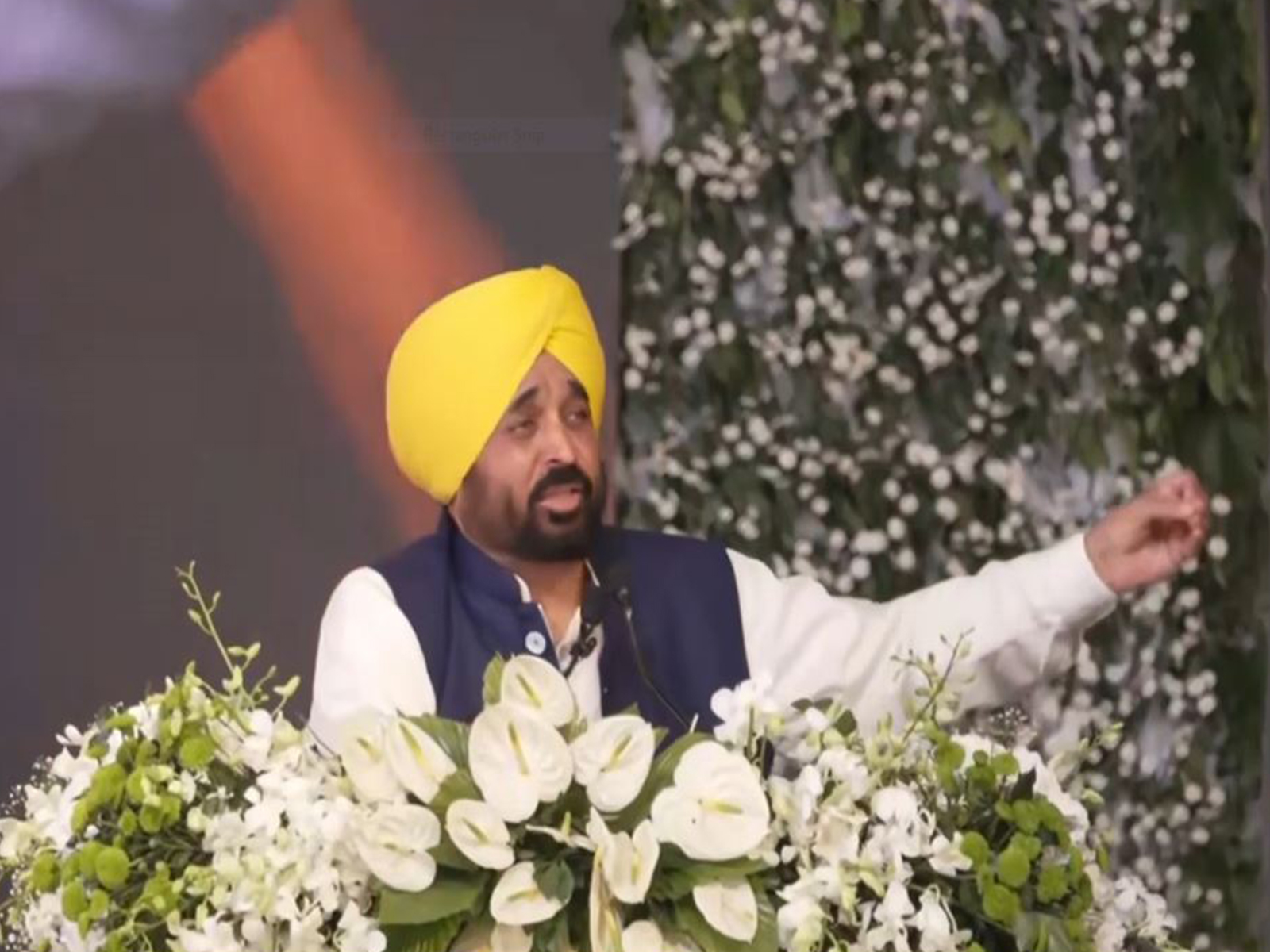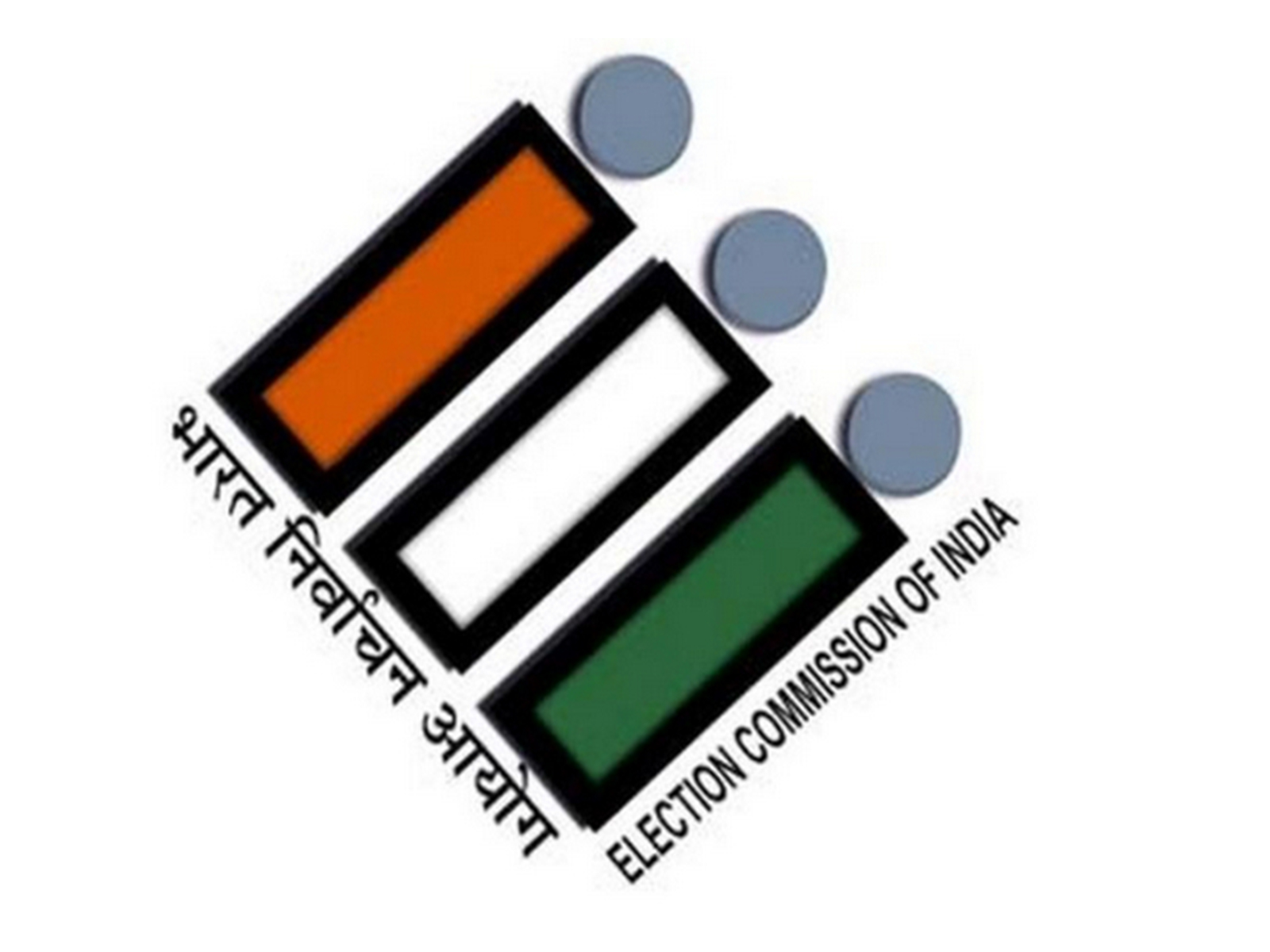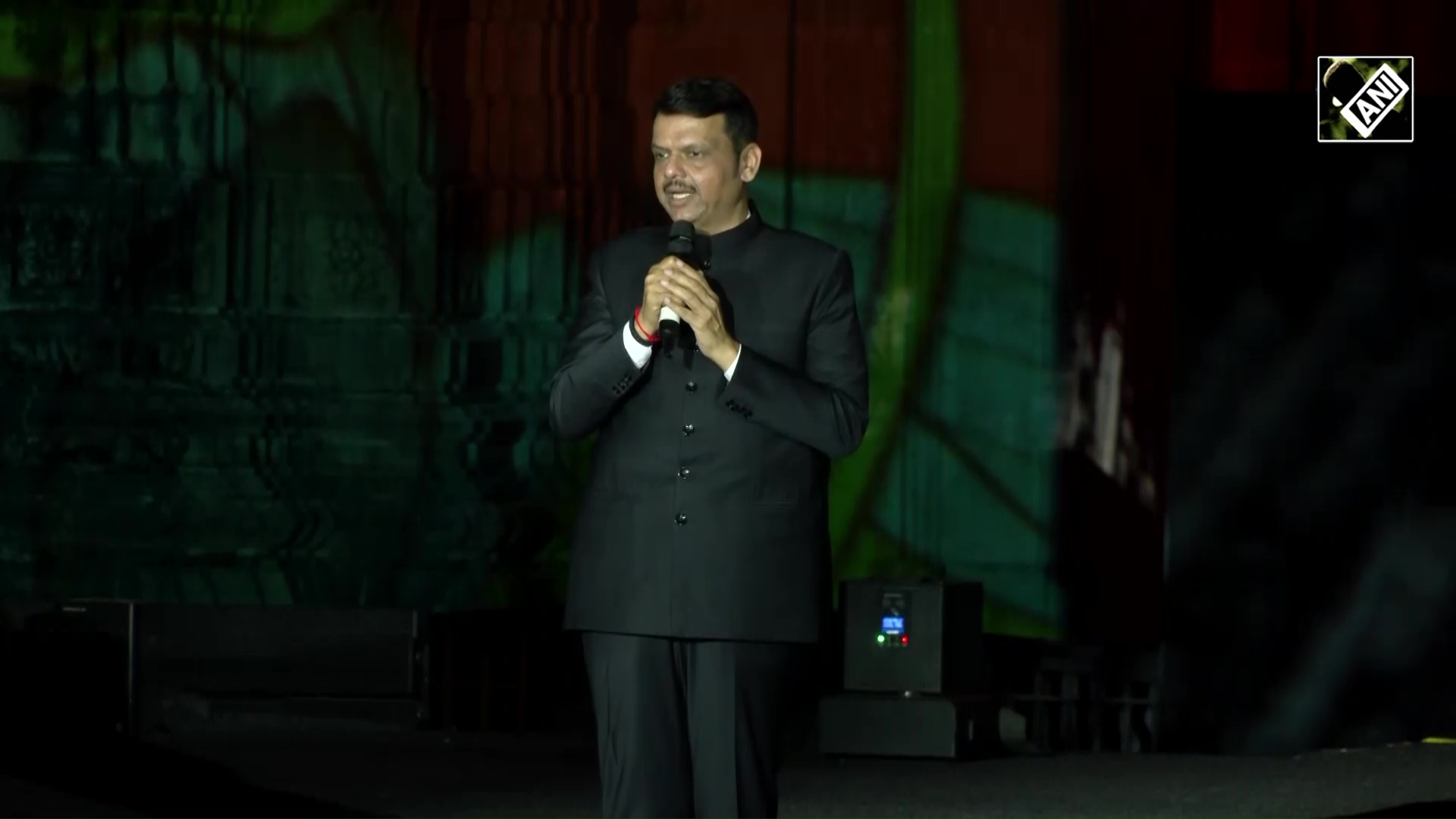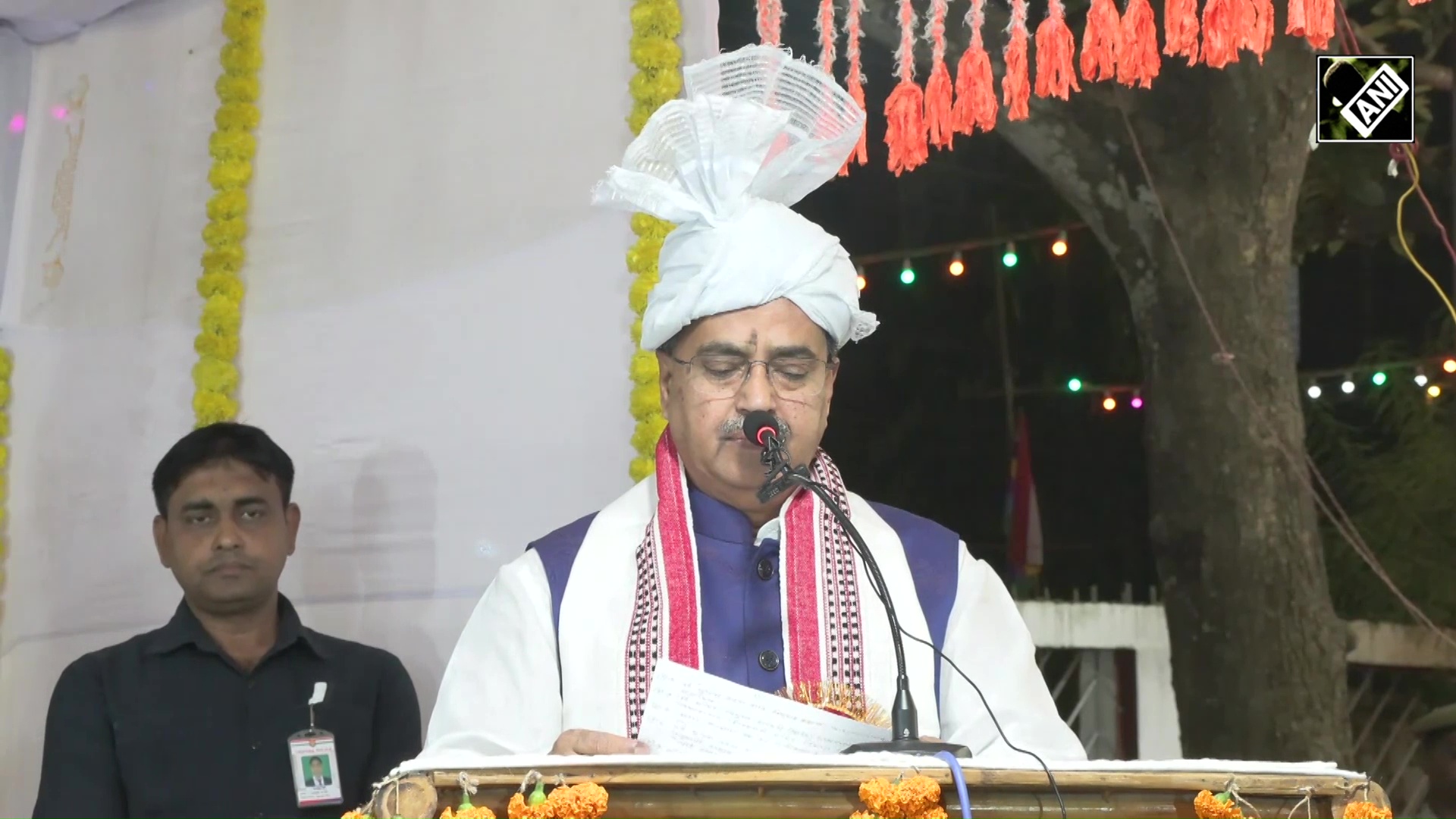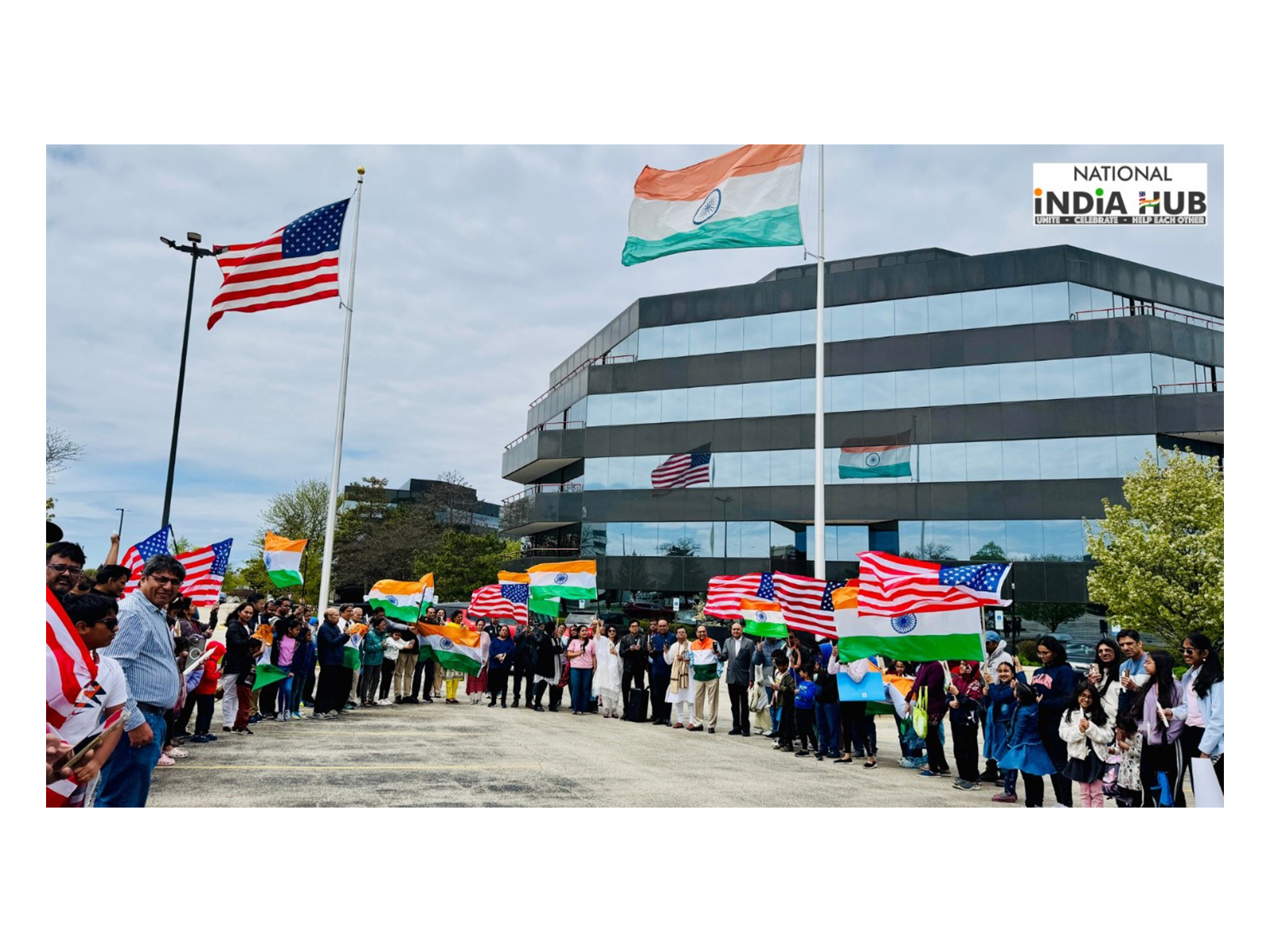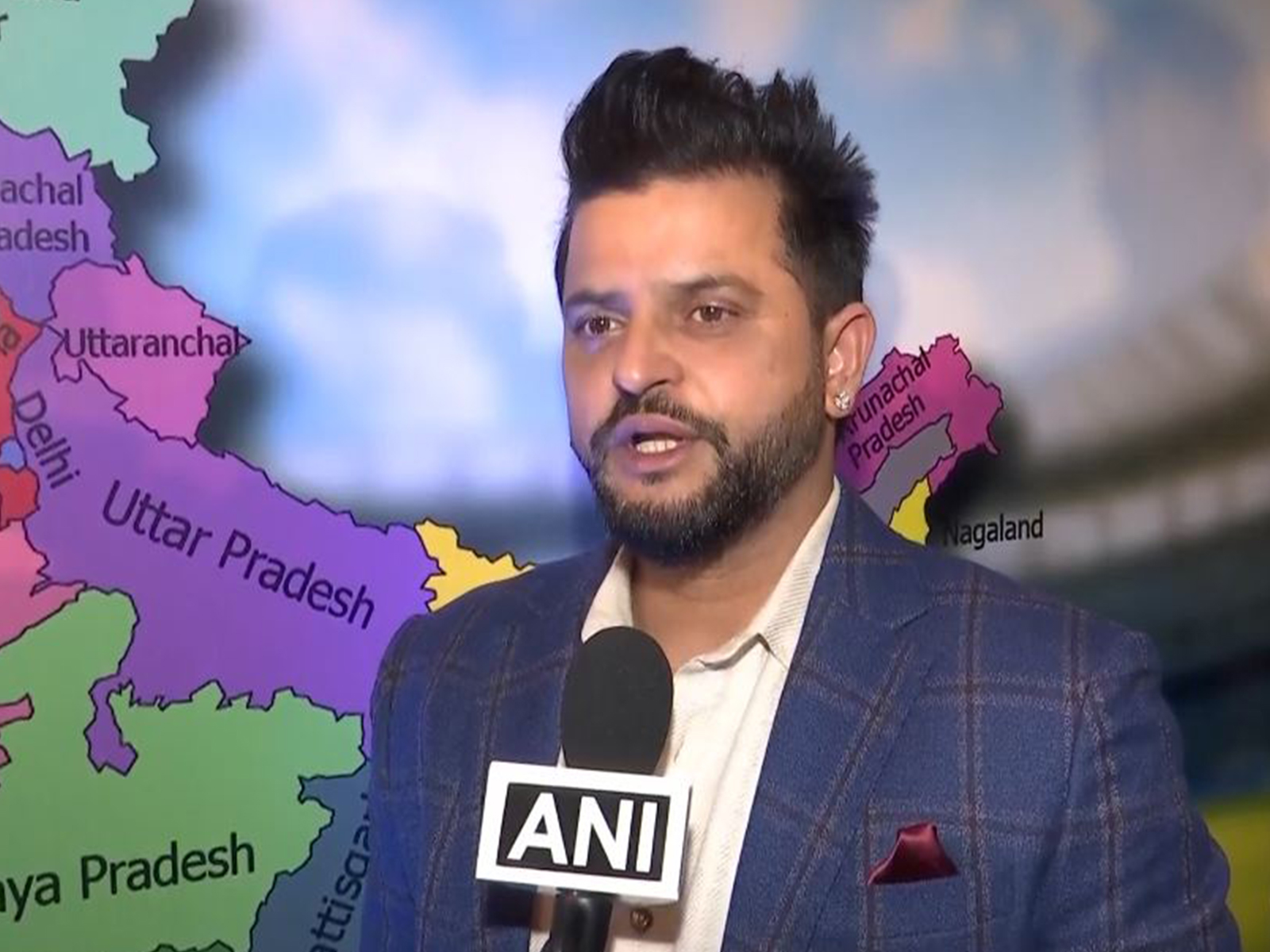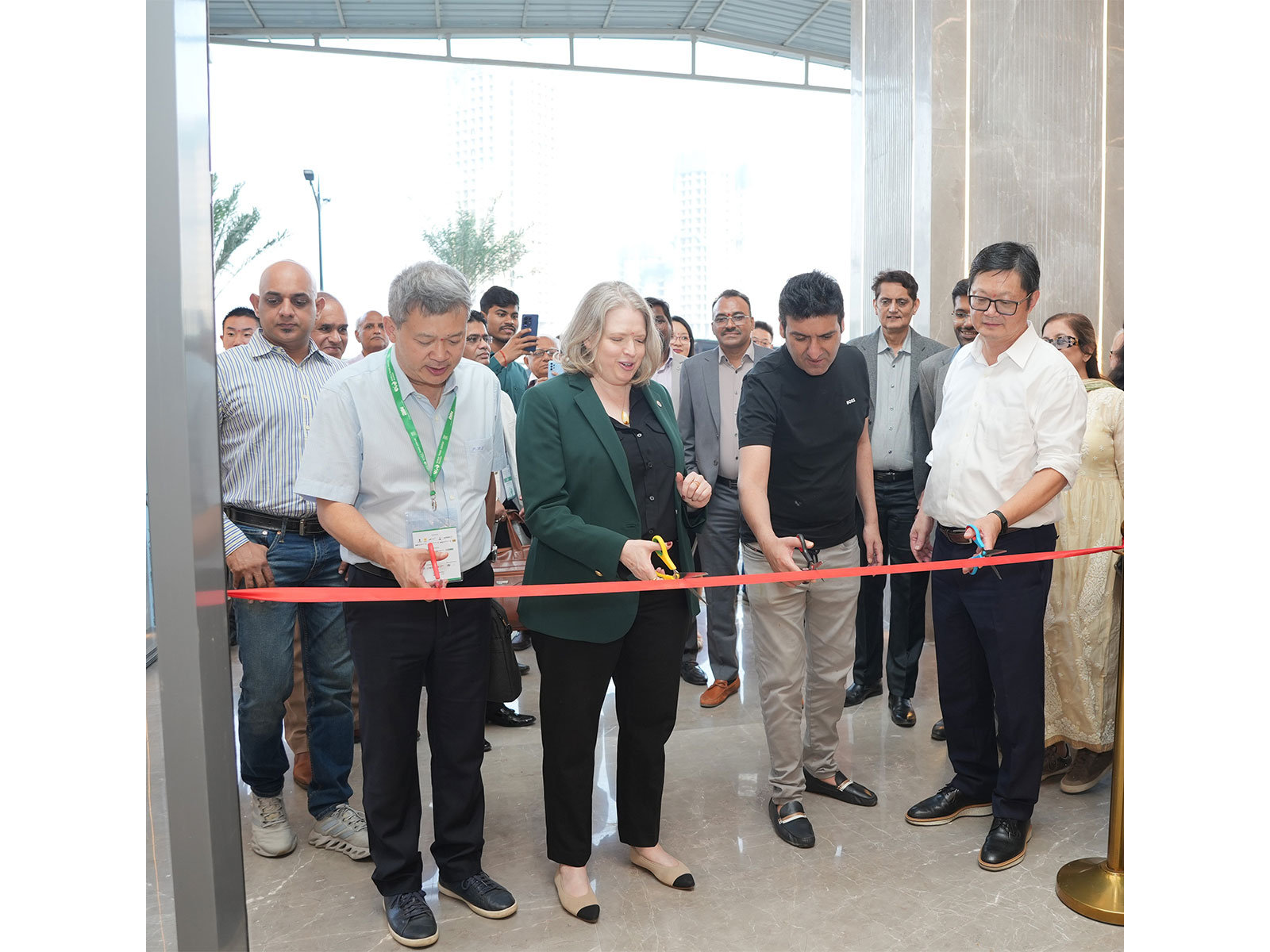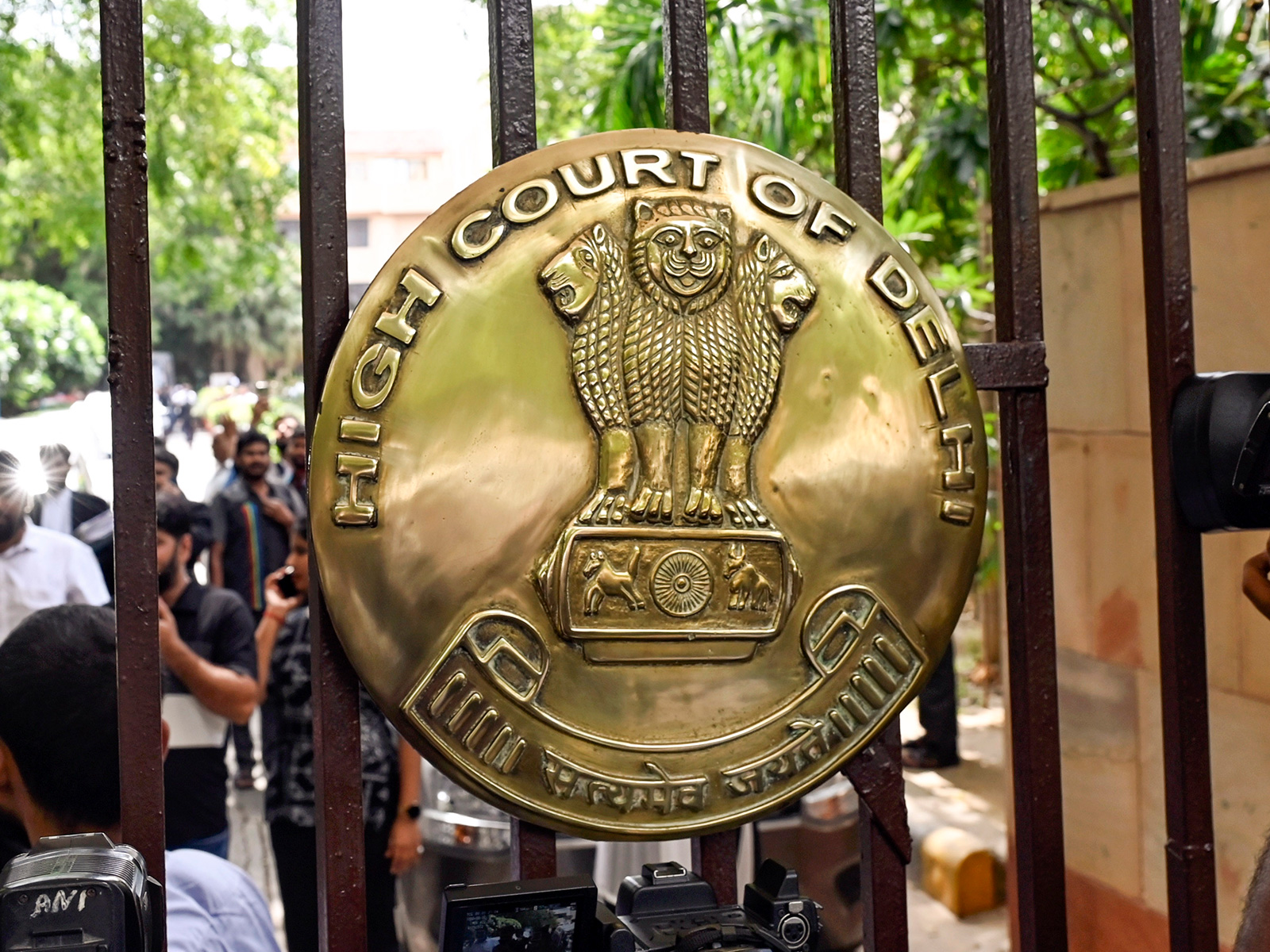
Former SCBA President moves Delhi High Court against WhatsApp over abrupt account suspension
Nov 25, 2025
New Delhi [India], November 25 : Former Supreme Court Bar Association (SCBA) President and senior advocate Adish C Aggarwala has approached the Delhi High Court challenging the sudden and unilateral suspension of his WhatsApp accounts, alleging that the platform's action has violated his fundamental rights and crippled his professional functioning.
In his writ petition filed under Articles 226 and 227 of the Constitution, Aggarwala has assailed the arbitrary deactivation of his WhatsApp numbers, contending that the suspension was executed without any prior notice, show cause, or opportunity to retrieve his personal and professional data.
The petition says this included legal drafts, briefing notes, communications, Bar Council election material, and confidential case-related documents.
The petition states that the suspension occurred during a crucial period when Aggarwala was engaged in international conferences in Bangkok, London, Dubai, and other jurisdictions, severely hampering his professional duties and fair participation in ongoing election-related activities. He submits that WhatsApp's action violates his rights under Articles 14, 19(1)(a), 19(1)(g), and 21.
Citing the Supreme Court's ruling in KS Puttaswamy v. Union of India, the petition states that access to personal communications forms part of an individual's dignity, autonomy, and privacy. The denial of access to years of professional data, the plea argues, amounts to an unreasonable restriction on his right to practise his profession.
Aggarwala has also pointed out that WhatsApp failed to appoint a Grievance Officer in India and did not establish any mechanism for timely acknowledgement of complaints, as required under law. Despite repeated emails and a personal visit by his representative to WhatsApp's Gurugram office on 13 October, no response was received.
The petition further highlights that the Union of India has not yet constituted the Data Protection Board, depriving users of statutory remedies under the Digital Personal Data Protection Act. This, Aggarwala contends, has left him with no alternative but to seek urgent intervention from the High Court.

